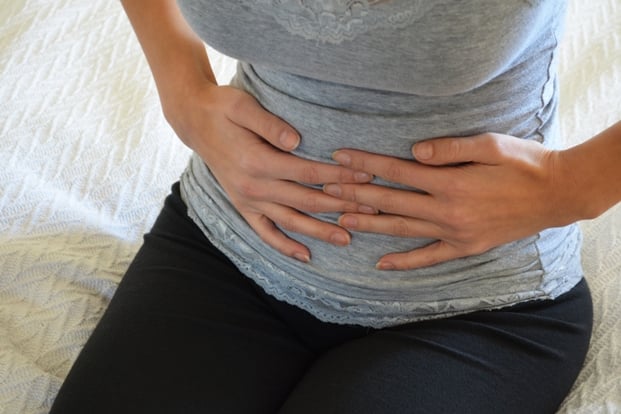Treatment of Gas, Bloating and Constipation
Apr 19, 2022
Gas is a very non-specific symptom. Patient may complain of pain, swelling, lump, diarrhoea, constipation and even heart pain. So the first step is to interpret the exact meaning of what the patient is referring to- the point of his discomfort.
Most commonly gas is used for recurrent eructation’s, feeling of abdominal distension, excessive flatus, inability to evacuate gas, abdominal bloating, distension. Bloating refers to symptoms of increased abdominal pressure, whereas constipation refers to bowel movements that are infrequent or hard to pass.
How to manage Gas?
Most important thing in management is to rule out whether it is primary (not related to other disease) or secondary ( related to other disease of GIT or systemic diseases). The most important secondary causes being malignancy of GIT, malabsorption syndromes, systemic diseases Diabetes, hypothyroidism, etc.

We cannot rule out every secondary causes with any of the tests available, so the best approach is to look for alarming features ( i.e age of onset >45, unexplained weight loss, GI bleed, anaemia, significant pain, vomiting, lump, recent onset or recent deterioration) and to do basic investigations like CBC, blood sugar, creatinine, thyroid function, abdominal scan, and colonoscopy.
For primary issues causing gas, treatment is often empirical using lifestyle modification (LSM) and drugs. For gas and bloating no specific and effective treatment is available, LSM is the most important thing with avoidance of certain foods materials like milk products as lactulose is the most frequently malabsorbed substrate, and so called FODMAPs ( certain foods which gives more substrate to intestinal flora for fermentation causing excess gas production).
LSM includes regular exercise and avoidance of stress, as most of functional GI disorders are related to sedentary lifestyle and stress causing visceral hypersensitivity leading to intepretation of normal body stimulus as abnormal.
For treatment of constipation we start from non pharmacological methods and step up to drugs. Starting from increased water intake, regular exercise/activity, increasing fibre content of food by increasing consumption of fresh food/vegetable having leaf and skin.
If constipation persists other laxatives like lactulose, milk of magenisea, sodium picosulphate, polyethylene glyocol, bisacodyl tablet etc are added to keep stool semisolid achieving 1-2 soft stool/day. Addition of bulking agent (like Isphagula husk) help in adding bulk which increases satisfaction.






.png)
.jpg)
